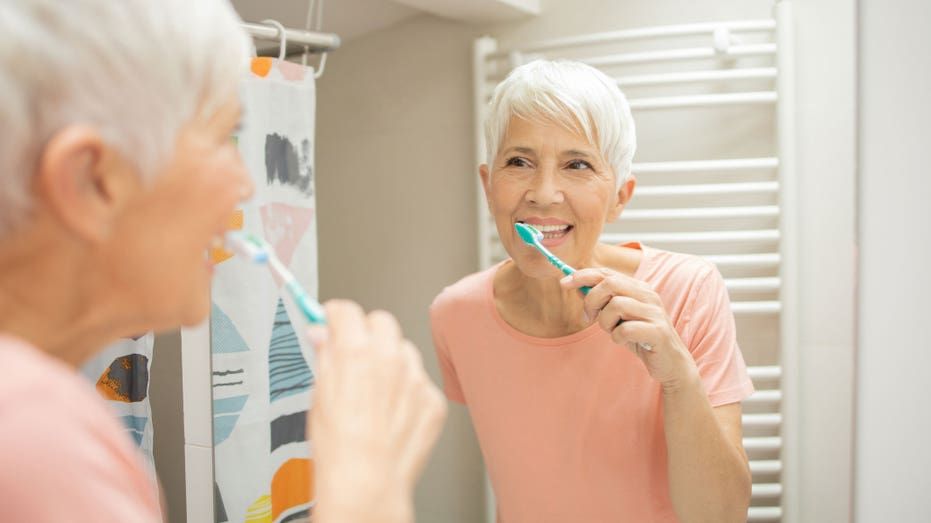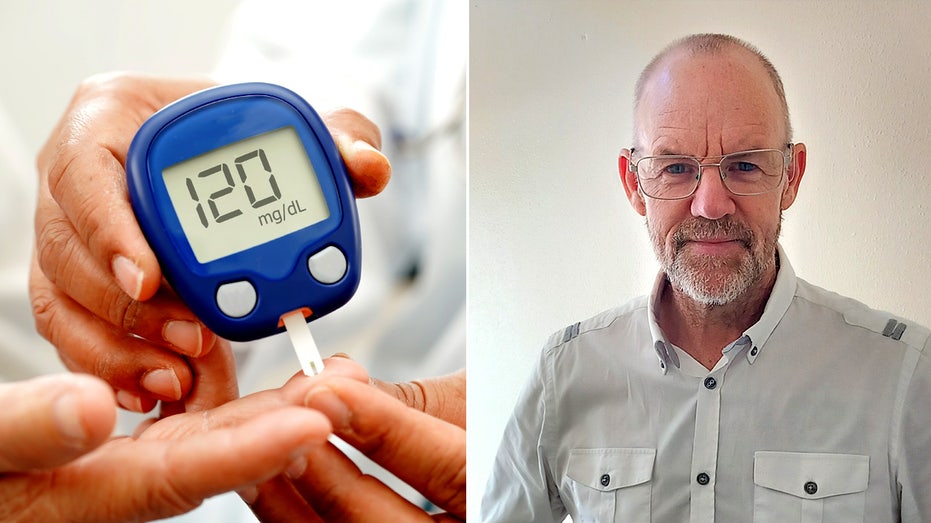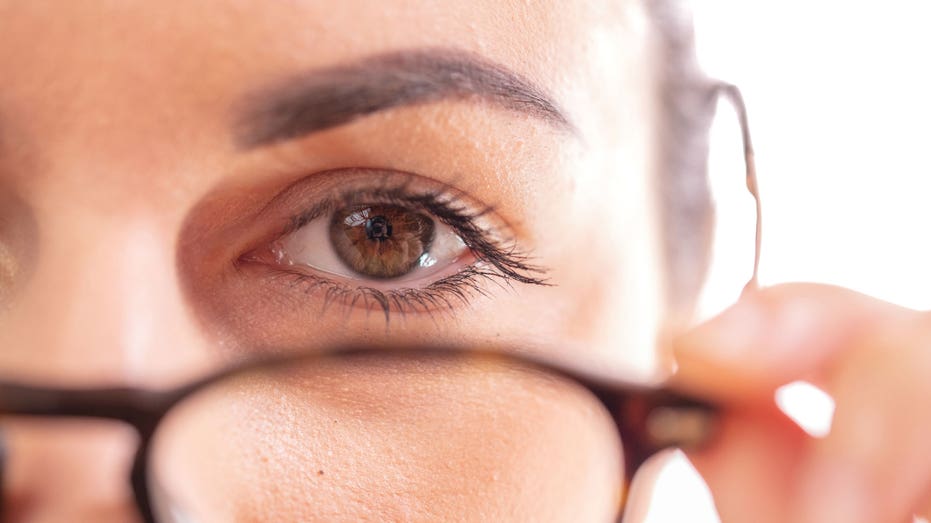6 Essential Tips to Prevent Tooth Loss in Aging Adults from Dental Experts

Sarah Johnson
June 25, 2025
Brief
Dental experts share 6 vital tips to prevent tooth loss in aging adults, highlighting gum disease risks and practical oral health solutions.
As we age, the notion that tooth loss is just a natural part of life lingers like a stubborn cavity. But let’s chew on this: it doesn’t have to be inevitable. Recent data from the CDC reveals that 11% of adults aged 65 to 74 have lost all their teeth, a figure that climbs to one in five for those 75 and older. Dental experts, however, are stepping in with actionable advice to keep those pearly whites intact—and the benefits extend far beyond a winning smile.
Gum Disease: The Silent Saboteur
Two-thirds of seniors over 65 grapple with gum disease, a condition that’s more than just a nuisance. Bleeding gums aren’t just a minor annoyance; they’re a red flag for deeper issues. Experts warn that untreated gum disease can wreck the bones anchoring your teeth, mess with your ability to chew, and even lead to malnutrition. Worse, chronic inflammation from gum issues has been linked to serious conditions like dementia, heart attacks, and strokes. A study of 34,000 people showed that full tooth loss could bump up dementia risk by 1.4 times. So, if your gums are sending SOS signals—bleeding, sensitivity, or recession—don’t wait. Book that dental visit.
Prevention Is Your Best Defense
Regular checkups and cleanings can stop gum problems before they spiral. Experts suggest stepping up your game with an electric toothbrush, brushing twice a day for a full two minutes, and using a water flosser—especially handy for those with arthritis or limited mobility. One dentist swears by tools like the Sonic-Fusion by Waterpik for older patients. And don’t stick to the old six-month checkup myth; tailor your dental visits to your needs. Some might need just one annual trip, while others with chronic issues may require more frequent care.
Dry Mouth: A Hidden Threat
Nearly 60% of older adults deal with dry mouth, often a side effect of common meds like antihistamines or blood pressure drugs. Without saliva to neutralize acids, teeth become sitting ducks for decay and infection. The fix? Sip water often, rinse after meals, and talk to your dentist about fluoride toothpaste or dry mouth rinses like Biotene. Small steps, big protection.
Overlooked Issues and Lifestyle Impacts
Bite misalignment might not sound like a big deal, but it can trigger headaches and neck pain. Dentists note that worn teeth or tiny fractures often reveal a deeper disharmony in jaw function—something 3D imaging can uncover. Then there’s smoking, a major culprit in tooth loss, with smokers up to three times more likely to lose all their teeth. Even seemingly harmless sugary candies or cough drops can erode enamel over time. Switch to sugar-free gum with xylitol for a cavity-fighting boost.
Access and Aesthetics Matter Too
Here’s a tough bite to swallow: only 30% of adults over 65 have dental insurance, and Medicare often falls short. This financial hurdle leads many to skip care, setting the stage for pricier problems down the line. Look into dental savings plans or community clinics if coverage is tight. And for those worried about worn or discolored teeth, don’t just accept it as ‘aging.’ Thin porcelain veneers can restore not just your smile but your confidence and function. As one expert put it, it’s about revitalizing the person, not just the teeth.
So, let’s not let age dictate our dental destiny. With these expert tips, we can keep our grins—and our health—in top shape for years to come.
Topics
Editor's Comments
Tooth loss in seniors isn’t just about missing a few choppers—it’s a gateway to bigger health messes like dementia or heart issues. Honestly, it’s like letting a small crack in your windshield turn into a full-blown shatter. And here’s a bite of humor: gum disease sneaking up on us is like a bad dentist—drilling into your life when you least expect it! Let’s brush off the apathy and floss our way to better health, folks.
Like this article? Share it with your friends!
If you find this article interesting, feel free to share it with your friends!
Thank you for your support! Sharing is the greatest encouragement for us.



